On the Radar
Will Midwest States Push for
Regulated Sports Betting in 2019?
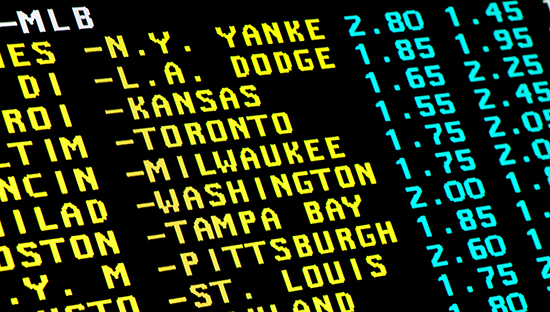
This past term, the U.S. Supreme
Court struck down a 1992 law
that prohibited states from legalizing
sports betting.
Nevada, which legalized sports
gambling before the federal
Professional and Amateur Sports
Protection Act of 1992 took effect,
was the only state with legalized
sports gambling. Under the high
court’s ruling in May, that has
already changed.
According to NBC News, Delaware enacted a law to allow sports betting in
June, followed by New Jersey. Pennsylvania and West Virginia lawmakers have
green-lighted sports betting in those states.
In 2019, numerous Midwestern states might explore legalizing sports gambling.
The illegal sports betting market is estimated at $150 billion, creating tax
benefits for states.
In Iowa, Illinois, Indiana, Michigan, Missouri, and Ohio, sports betting regulation
was under consideration in the last legislative cycle.
According to the NBC News article, in Wisconsin, “Sports betting is prohibited
by the state constitution and state law, and sports betting is also not allowed
under state tribal compacts. There are no pending bills to legalize sports betting
in the state, and amending the state constitution would require a vote by the
people, a spokesperson for the state Department of Administration said.”
By the Numbers
8.1%
– The increase in U.S. law school applicants for the 2018-19 academic year, compared to the 2017-18 year, according to data released by the Law School Admissions Council last month.
The number indicates that law schools, in general, are rebounding from historically low applicant numbers between 2010 and 2015. Wisconsin law schools saw applications drop by more than 50 percent during that period.
Will the lawyer job market support an increase in law school graduates?
In the short term, according to an affiliate of the U.S. Department of Labor’s Bureau of Labor Statistics, from 2017 to 2019 in Wisconsin, lawyer jobs are expected to decrease by 50 jobs, from a base of 9,510 jobs to 9,460.
Wisconsin, with a loss of 0.5 percent, is just one of five states expected to lose lawyer jobs through 2019. By contrast, the lawyer job market is expected to expand by 2.4 percent in both Minnesota and Michigan, by 2.2 percent in Iowa, and by 1.9 percent in Illinois, through 2019.
In the long term, through 2026, the U.S. lawyer market is expected to grow by 8.2 percent.
Sources: www.projectionscentral.com, an affiliate of the U.S. Department of Labor’s Bureau of Labor Statistics; Law School Admissions Council
From the Archives
This Month in Legal History
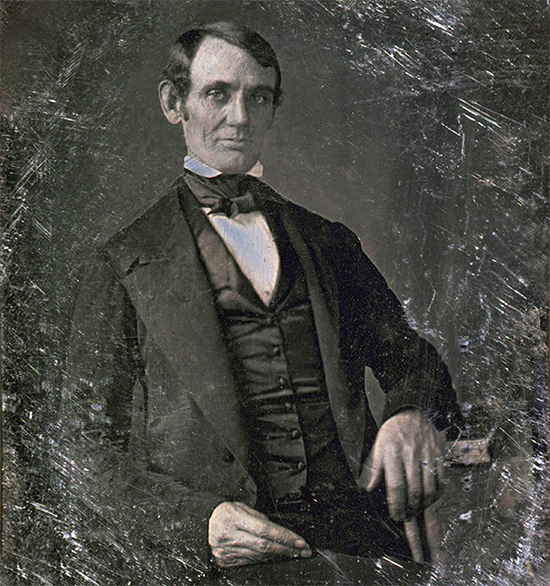
Abraham Lincoln (1809-1865) in daguerreotype by Nicholas H. Shepherd taken between 1846-47, during Lincoln’s term in Congress.
In September 1981, 37 years ago, the U.S. Senate voted 99-0 to confirm Sandra Day O’Conner as the first woman on the U.S. Supreme Court.
In 1974, 44 years ago, President Gerald Ford pardoned his predecessor, Richard Nixon, for any crimes associated with the Watergate scandal. A special federal prosecutor, Leon Jaworski, was prosecuting the case against Nixon at the time of the pardon.
In 1836, 182 years ago, future U.S. President Abraham Lincoln obtained an Illinois law license. He filed his first lawsuit a month later.
In 1789, 229 years ago, Congress enacted the Judiciary Act of 1789, which established the federal judiciary.
In 1787, 231 years ago, 39 of 55 delegates to the Constitutional Convention in Philadelphia signed a final draft of the U.S. Constitution, which was ratified by the requisite nine states when New Hampshire signed it in 1788.
Source: History.com; National Archives; New York Times (archives); unionlegalresearch.com
Third Branch
West Virginia Justices in Trouble
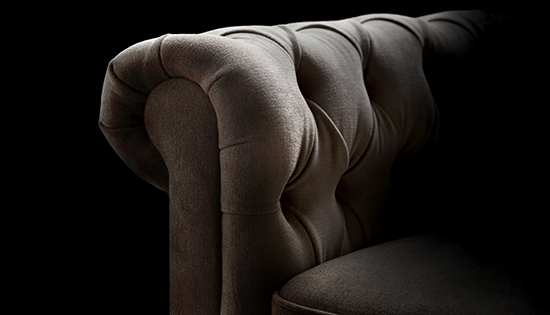
Last month, the West Virginia House of Delegates voted to impeach four sitting justices of the five-member Supreme Court of Appeals of West Virginia.
One justice was already suspended, facing a 23-count federal indictment for fraudulent conduct and false statements relating to financial abuses in office.
The 11 articles of impeachment passed by the House of Delegates charged misconduct through lavish spending of tax dollars on office renovations, including a $32,000 couch. In West Virginia, the judiciary controls its own budget.
A fifth justice resigned in July after entering a guilty plea for driving a state-owned vehicle to golf outings, according to the New York Times.
One justice facing impeachment, who sat on the bench for 21 years, already resigned. An impeachment trial will be held in the state Senate for the three other justices.
Quotable
“The true secret of giving advice is, after you have honestly given it, to be perfectly indifferent whether it is taken or not, and never persist in trying to set people right.”
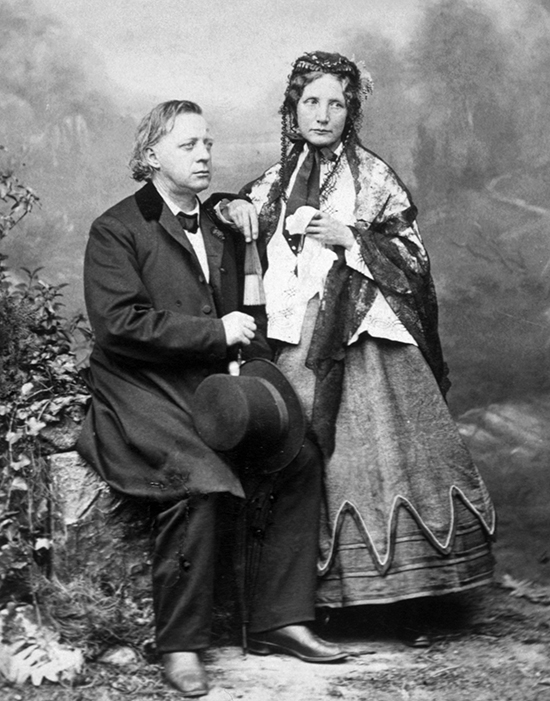
Henry Ward Beecher (1813-1887), Harriet Beecher Stowe (1811-1896), photograph ca. 1885
– Attributed to the minister and activist Henry Ward Beecher (1813-1887).
Tech Tip
Think Twice Before Borrowing a Charger
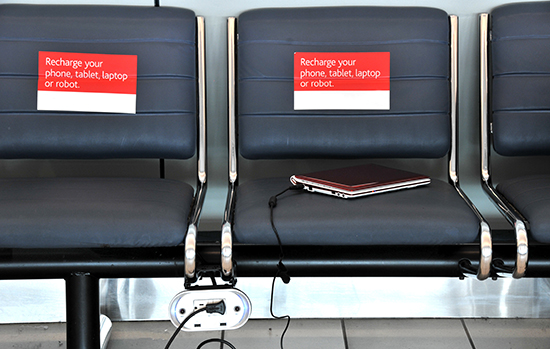
Have you used a public charging station to charge your phone or tablet? Have you ever borrowed someone’s laptop charger? Think twice.
An article from BBC News, “This Rigged Charger Can Hijack Your New Laptop,” explained how a MacBook charger was modified to hack the user’s computer, and did so without being detected.
The article also referenced a website posting that demonstrated the concept of juice jacking. Juice jacking occurs when malware is installed or data is copied from a device’s USB port that is connected to a charger, or in the case of the posting, at a public charging station.
The simple solution? Only use trusted charging sources. To power your devices on the go, use a portable charger or ensure you are plugging trusted charging cords into outlets.
Add this precaution to the list of other safeguards: scrutinize public WiFi networks; avoid accessing data on unsecure devices; use strong and different passwords for your accounts; and be cautious when connecting your devices to borrowed power supplies.
Source: Christopher C. Shattuck, Practice Management Advisor (Practice 411™), State Bar of Wisconsin
